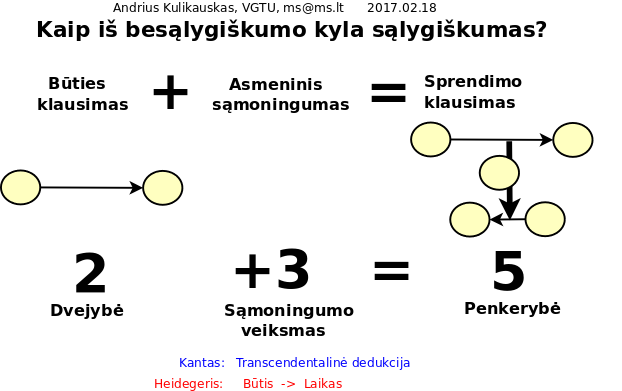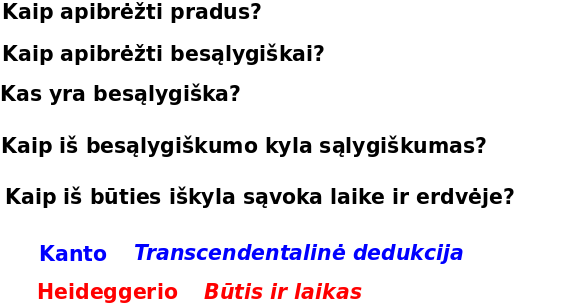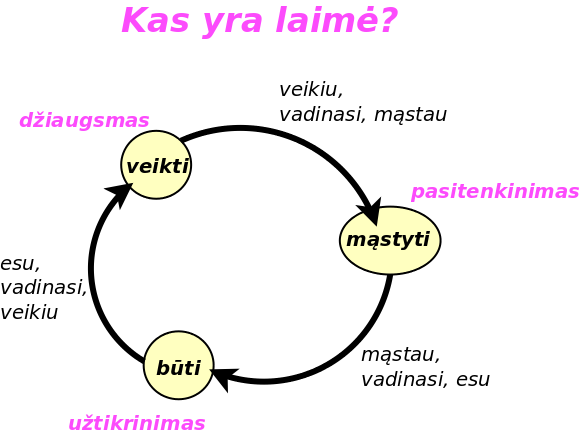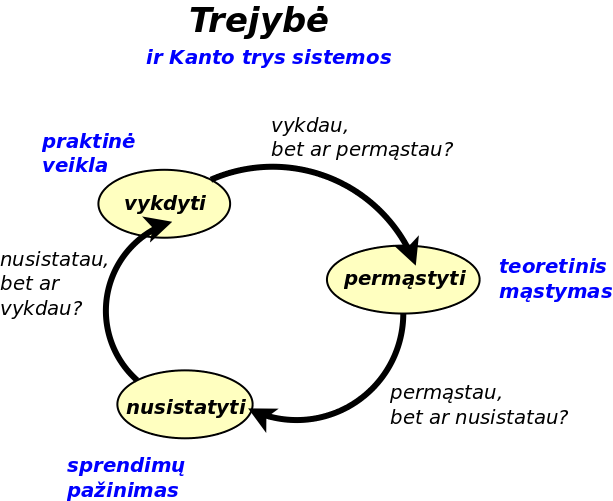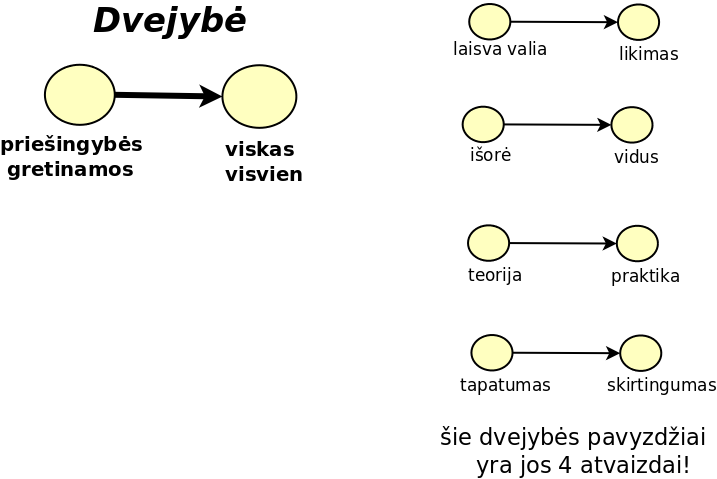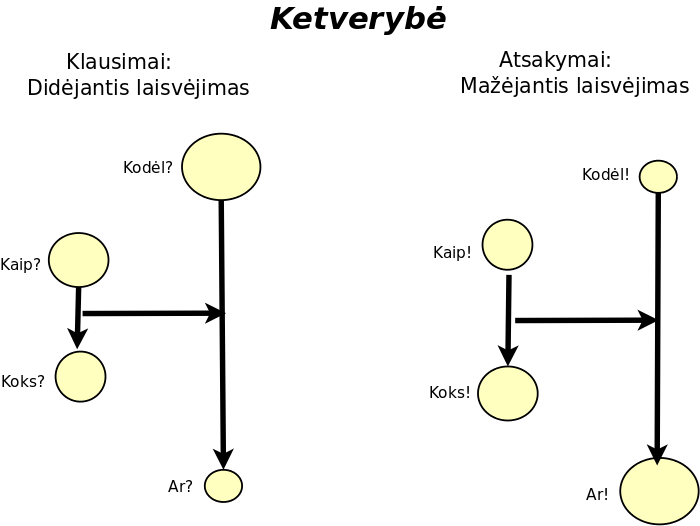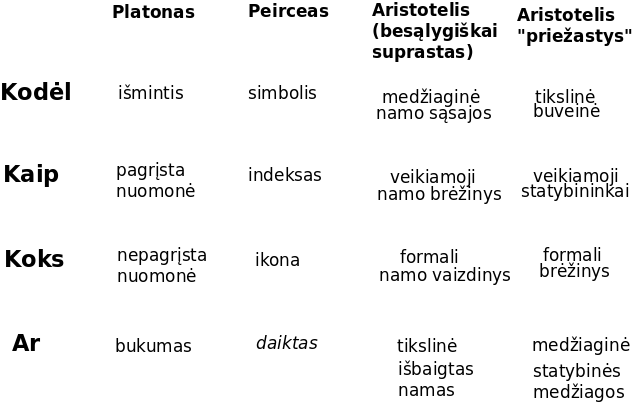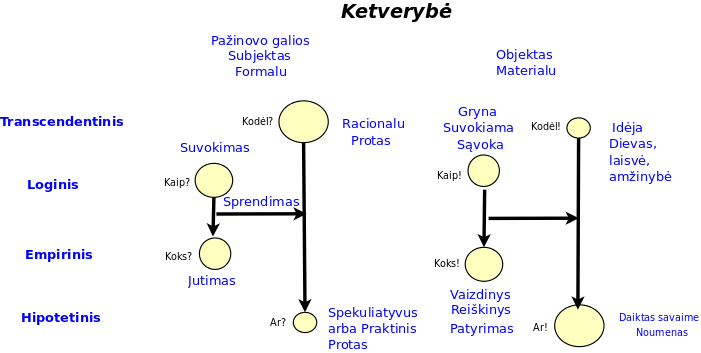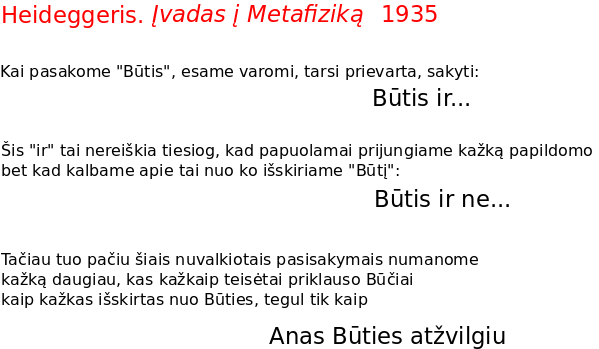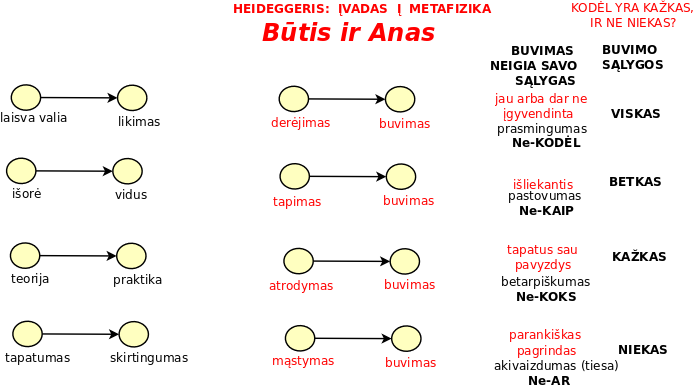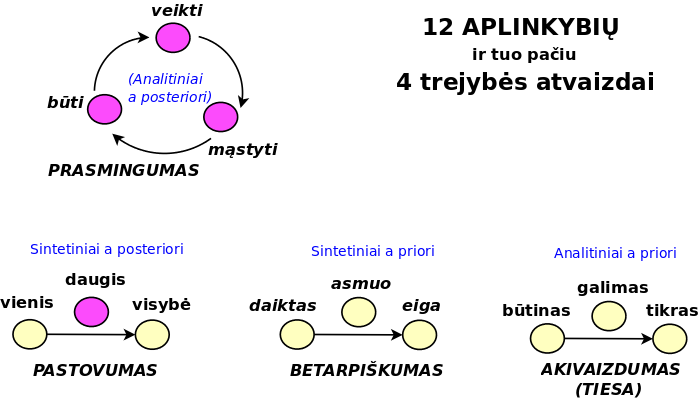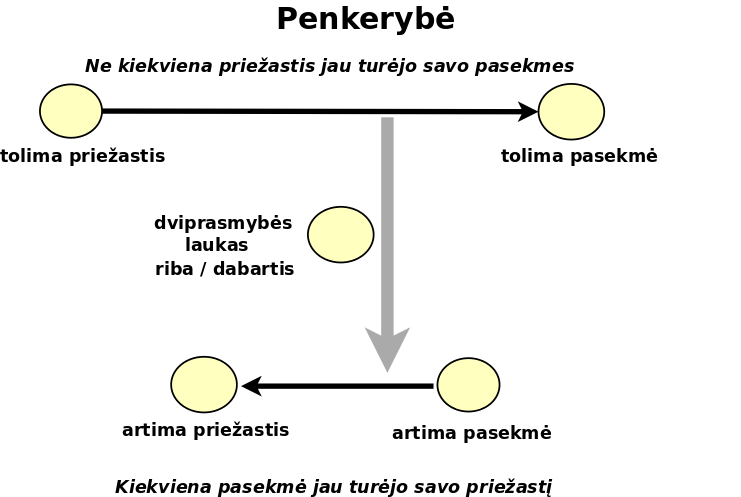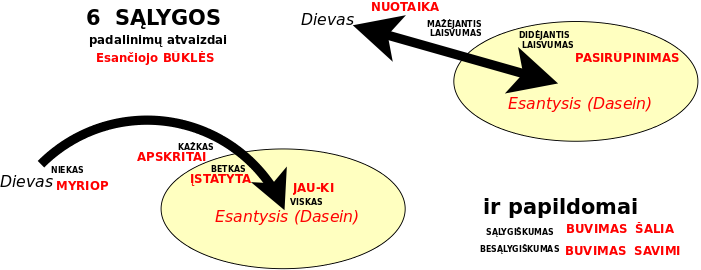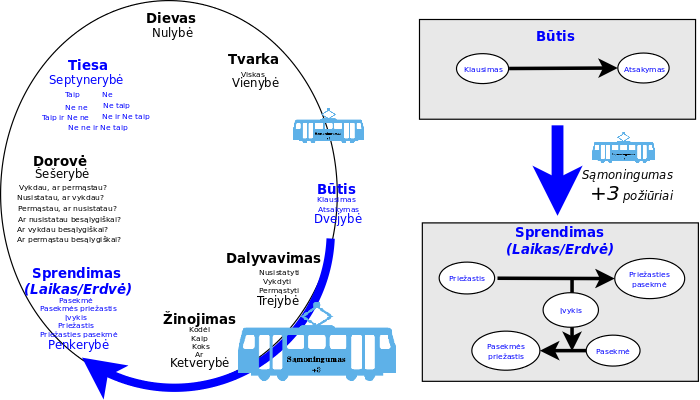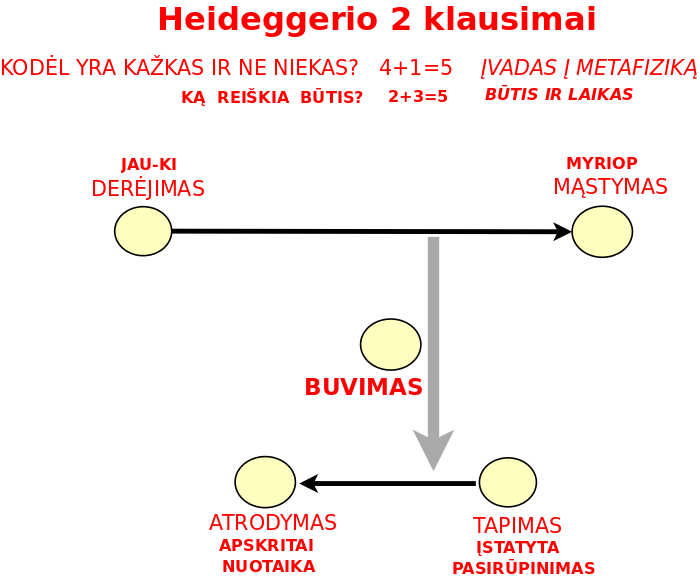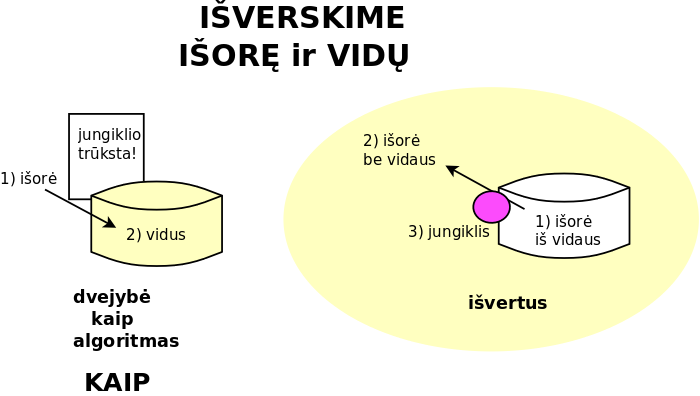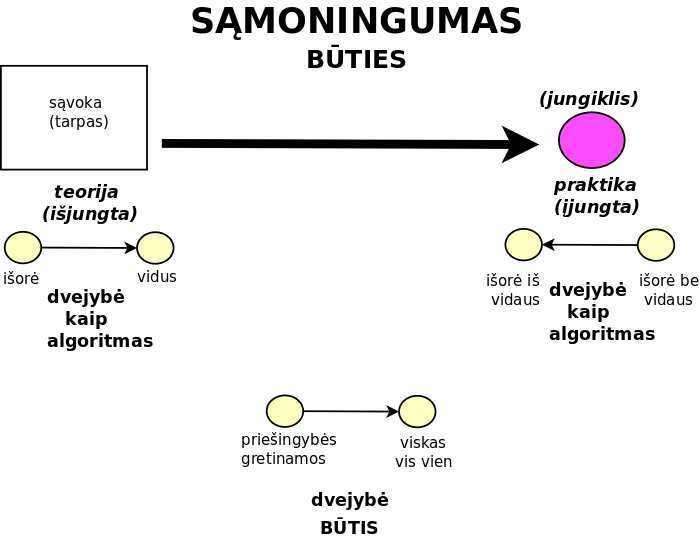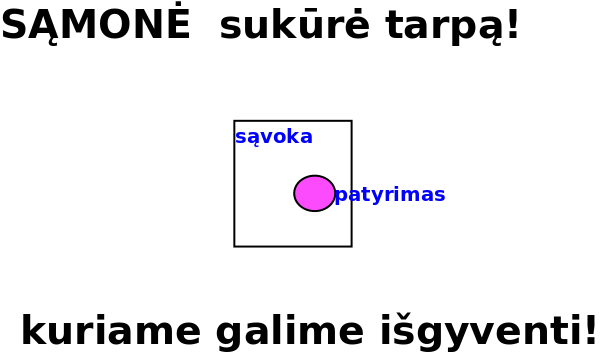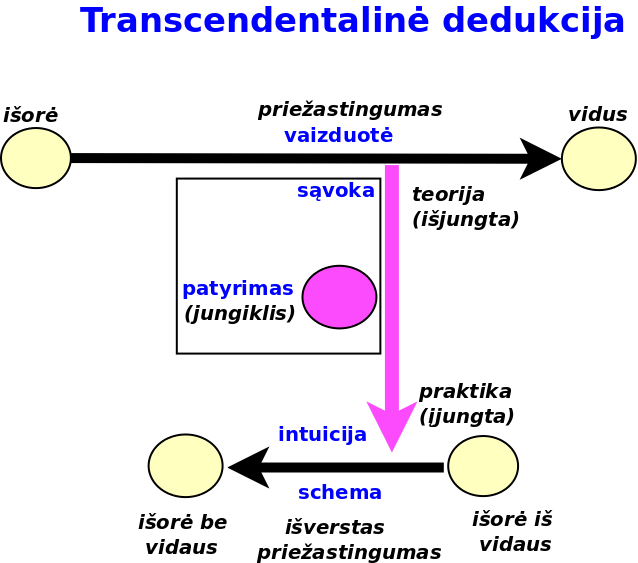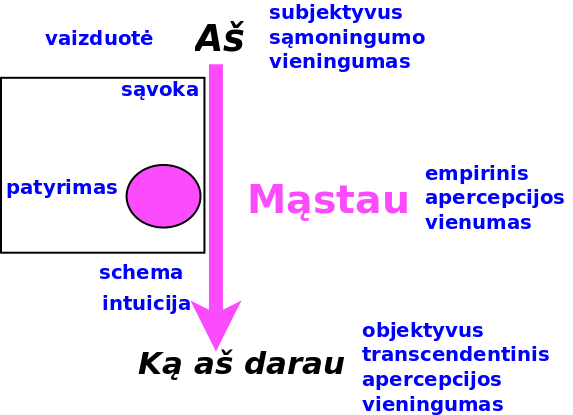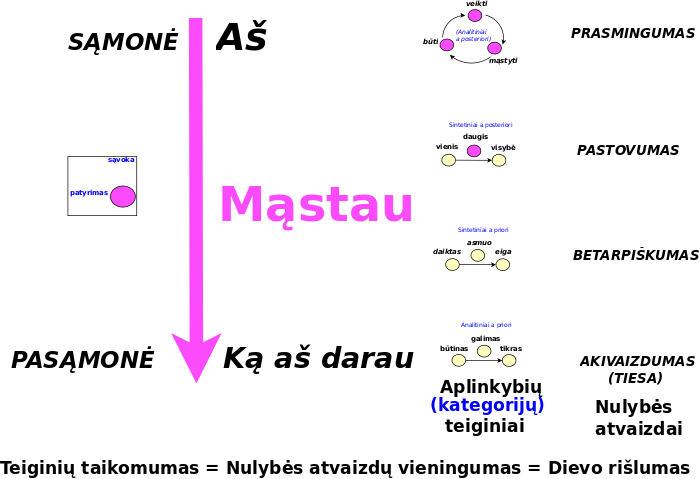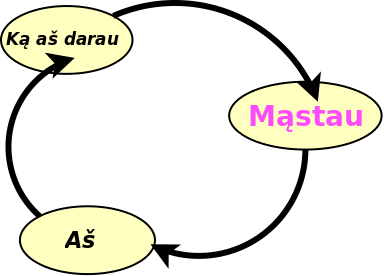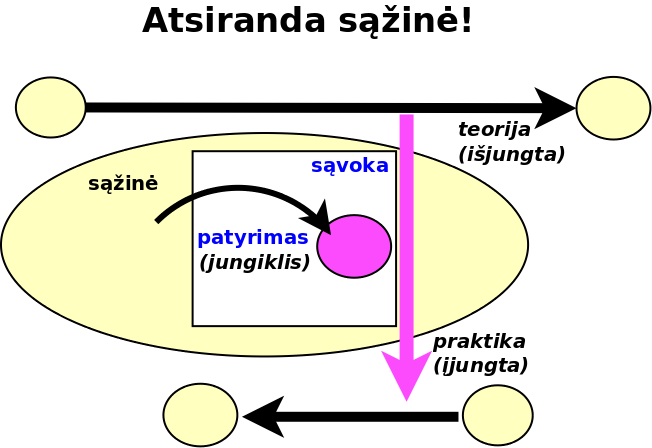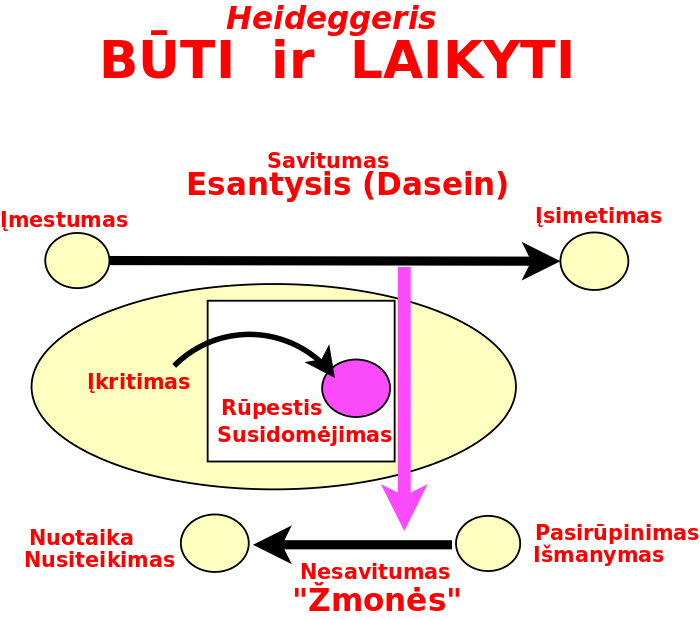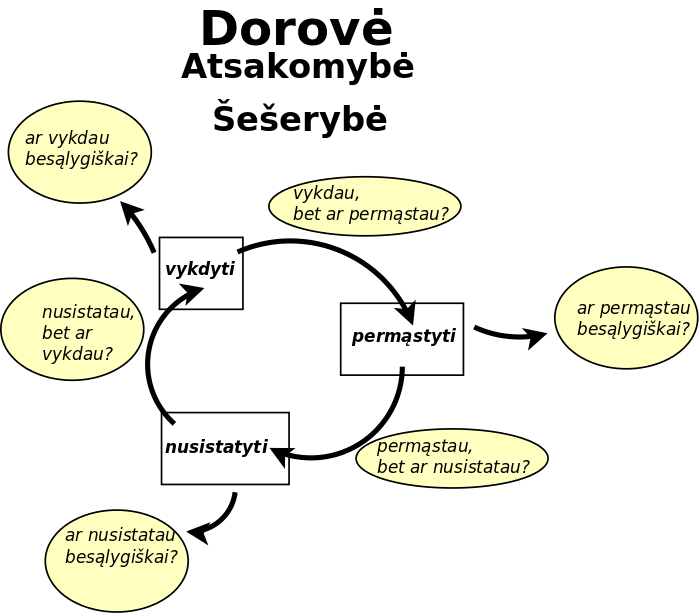- MathNotebook
- MathConcepts
- StudyMath
- Geometry
- Logic
- Bott periodicity
- CategoryTheory
- FieldWithOneElement
- MathDiscovery
- Math Connections
Epistemology
- m a t h 4 w i s d o m - g m a i l
- +370 607 27 665
- My work is in the Public Domain for all to share freely.
- 读物 书 影片 维基百科
Introduction E9F5FC
Questions FFFFC0
Software
Levels of Knowledge: Whether, What, How and Why
Whether, what, how and why are four levels of knowledge which together define each other. These four levels are the division of everything into four perspectives. Discussion of these four levels of knowledge, and of know-how in particular, provides an opportunity to take up the challenge of defining the most basic of concepts, those which do not break down into more basic concepts. In this presentation, we describe three ways of defining the most basic concepts, associate them with the four levels of knowledge (whether, what, how and why), and illustrate the importance of know-how in Kant's transcendental deduction, Heidegger's "Being and Time" and also Heidegger's "Introduction to Metaphysics".
The distinction between whether, what, how and why may be grounded in different sciences. Studies of split-brain patients suggest that one hemisphere may think in terms of what, while the other hemisphere may think in terms of how. In mathematics, the Yates Index Set Theorem of recursive function theory may be understood to say that the oracle for knowing Why a property holds is the triple jump of the oracle for knowing Whether a property holds. In linguistics, the distinctions Whether, What, How and Why can be studied syntactically, semantically and pragmatically. However, words can be misleading. "This is how I feel" may actually mean "this is what I feel". Divisions of everything provide a way to think and define without relying on words.
The concept of everything has these four properties:
- Everything has no external context. If it is put in a box, then it includes the box. This is WHY it is everything.
- Everything is the simplest algorithm, the one which accepts all things. This is HOW it is everything. And thus it is the same algorithm for each of us: Whatever we think of, we put into everything.
- Everything has no internal structure. It can be orderly or chaotic. This is WHAT is everything. Consequently, there is no structure to different statements, and so all statements about everything are true: everything is hot, everything is cold, everything is good, everything is bad.
- Everything is a required concept. This is WHETHER it is everything. We all use it - whenever we take a stand, we take it with respect to everything. We couldn't have learned it because the world we know is bounded, whereas everything is bounded. We can't get rid of it.
We can think these four properties without using words, simply performing them as mental activities. Pragmatically, let us take everything as an absolute. Everything is a canvas for our mental activities. One way to define basic concepts is to divide everything into two perspectives (a twosome), three perspectives (a threesome), four perspectives (a foursome) and so on. "Good" and "bad" are not a division of everything because there can be things that are both good and bad and that are neither good nor bad. Whereas "free will" and "fate" illustrate a division of everything into two perspectives. More precisely, dividing everything into two perspectives yields one where "opposites coexist" (such as good and bad in free will) and another where "all things are the same" (as with fate). But our minds need to conceive this abstract structure through some particular representation (mental condition) such as:
- "free will" and "fate";
- "outside" and "inside" (if we are outside a cup, then there is also an inside, but if we fall inside, then there is only inside);
- "theory" and "practice" (in theory, we are distinct from the process we study, but in practice, we become one with the process, reflecting each other, like grist in a mill, or molten bronze in a form);
- "same" and "different" (for things to be the same, they must also be different, whereas if they are different, they are simply different).
In each of these examples, the mind easily slides from the perspective ("opposites coexist") to the second perspective ("all is the same") but not the other way around. Note that the most basic analysis requires our minds to think as slowly and directly as possible. When we allow a degree of reflection, then the arrow switches direction, as with the concept "same", which implies coexisting opposites ("same" and "different"), whereas "different" simply means "different" (and so all is the same).
The twosome provides the perspectives that our mind takes up in pondering existence. We must be able to ask the question whether or not a chair exists. But we also imagine an answer: if it exists, then it exists, and if not, then not. The threeome provides the perspectives relevant for participation - take a stand, follow through, and reflect - as with the scientific method. The foursome provides the perspectives relevant for knowledge - whether, what, how and why.
Let us illustrate what the levels of knowledge with regard to a water bottle. Our senses present us an image of What the bottle appears to be, in which case we know Something. Whereas our intellect thinks of the bottle as a blueprint for How it is created and used, the principles by which we know Anything. We experience our own life through these two modes, conditionally. And yet we can also conceive of two additional unconditional modes. We can consider Whether a bottle exists if it is hidden and nobody sees it, and so we know Nothing. In order to know Why a bottle exists, we would have to know Everything, for it is associated with absolutely everything.
Note that our minds move readily from How to What as by the maxim "form follows function". If a principles holds for all conditions, then our minds move from the conditional to the unconditional, and thus from "How becomes What" to "Why becomes Whether". In other words, How is the reason within a system, whereas Why is the reason outside of a system.
